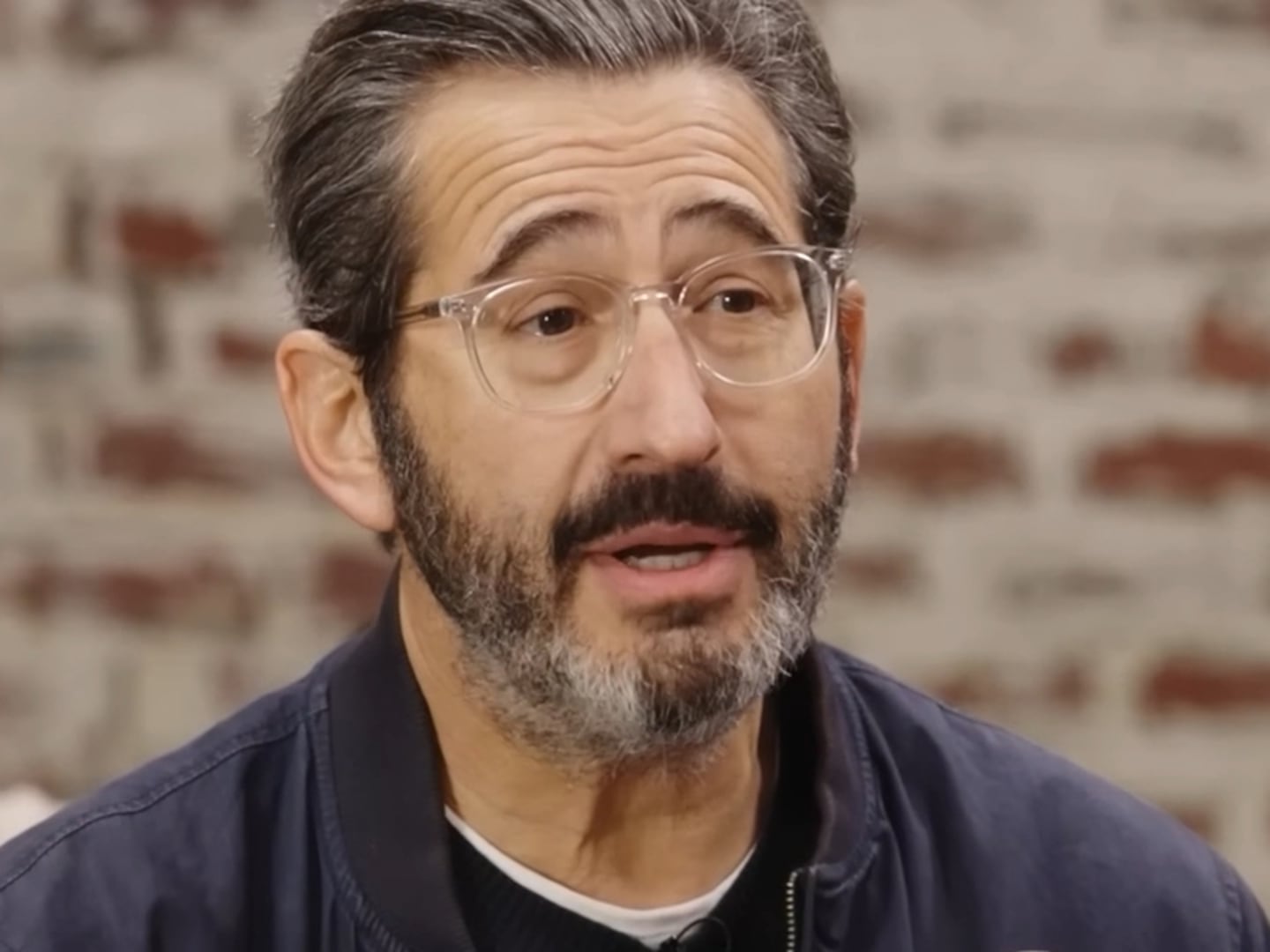Innovation
Illustration by Elizabeth Brockway/The Daily Beast
Can a ‘Kosher’ Phone Cure Your Tech Addiction?
KVELLULAR PHONE
Our smartphone obsession can be harmful to our physical and mental health. One solution: Take a page from ultra-orthodox Jews.

Trending Now




